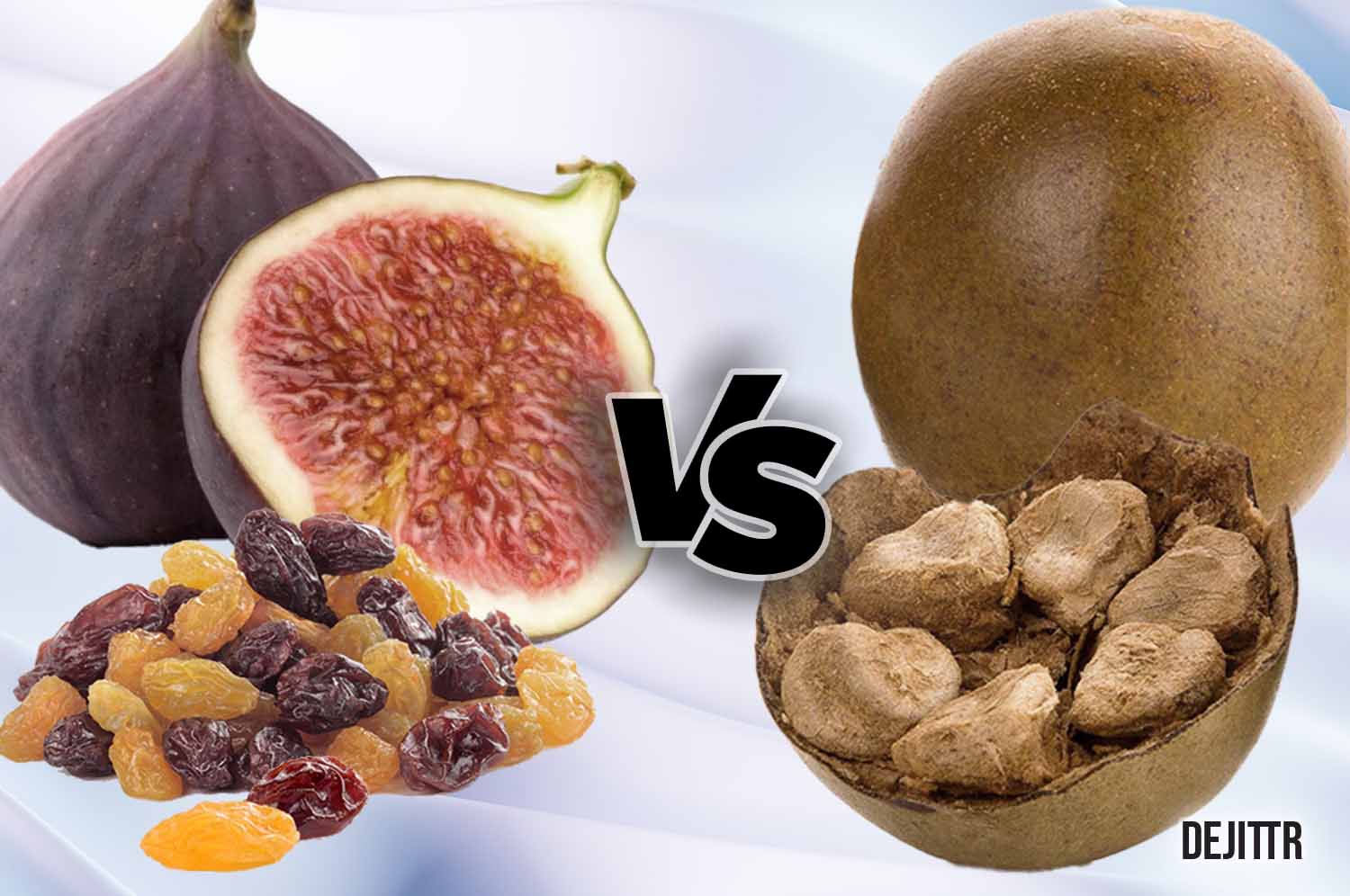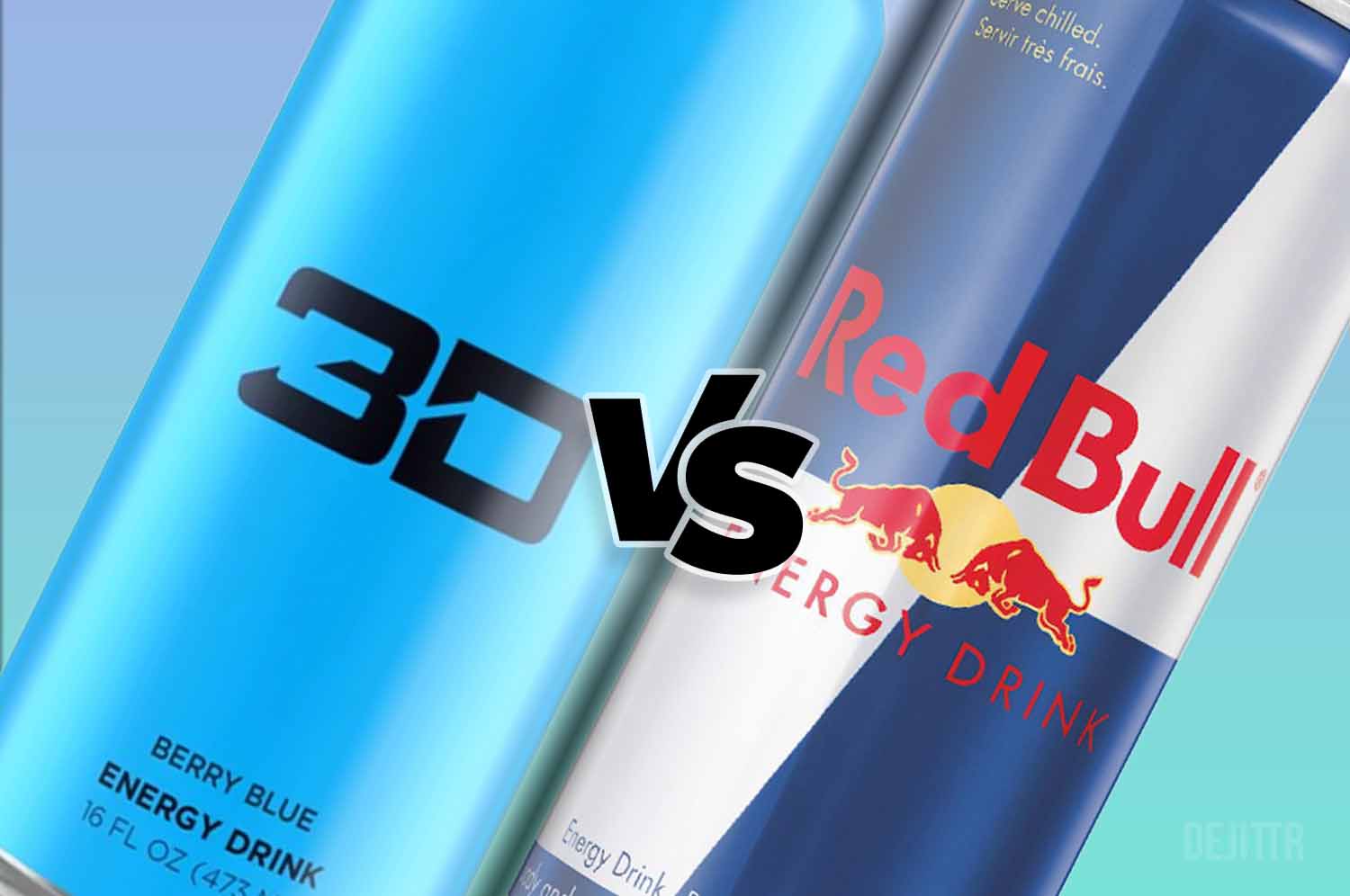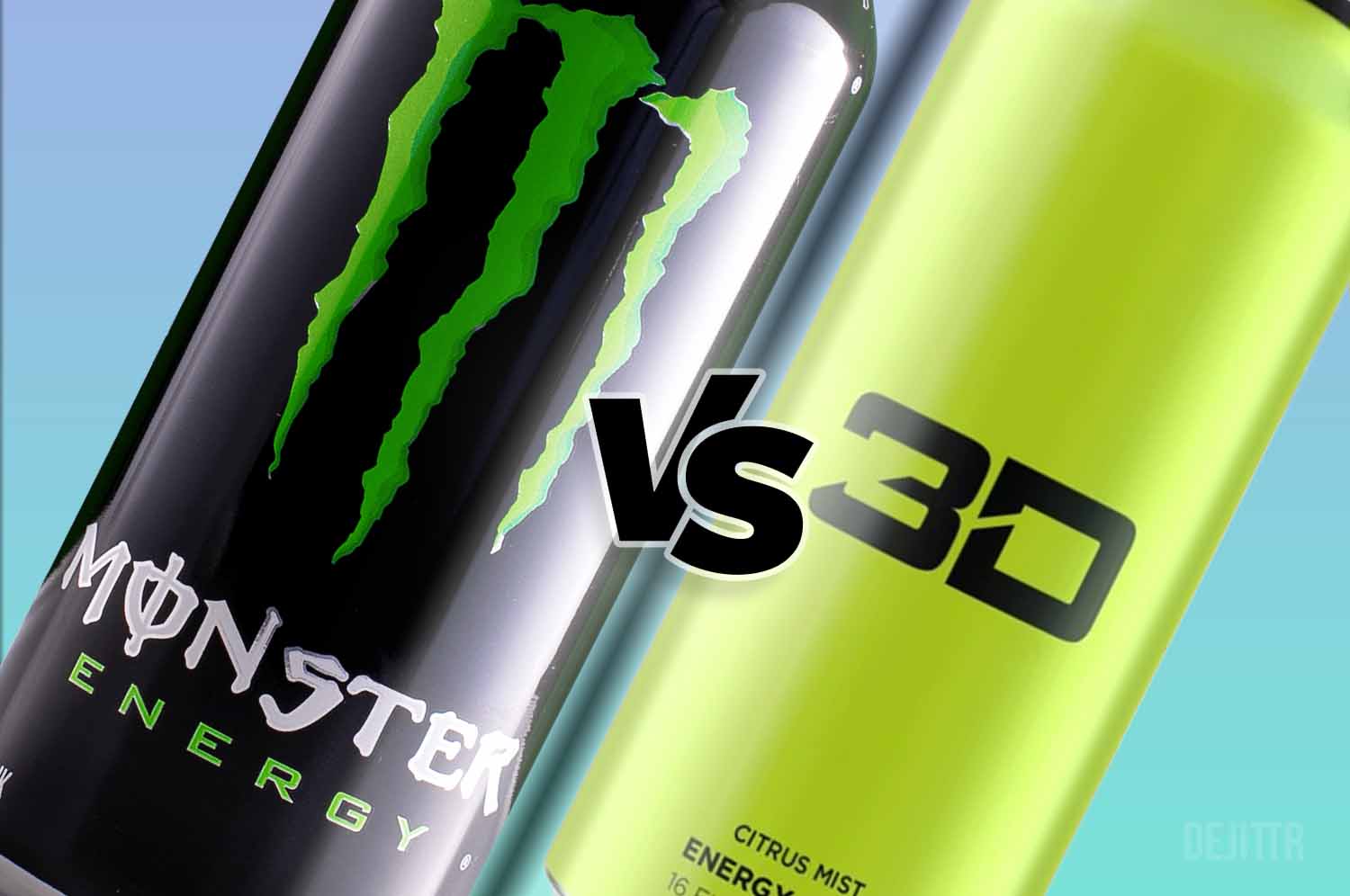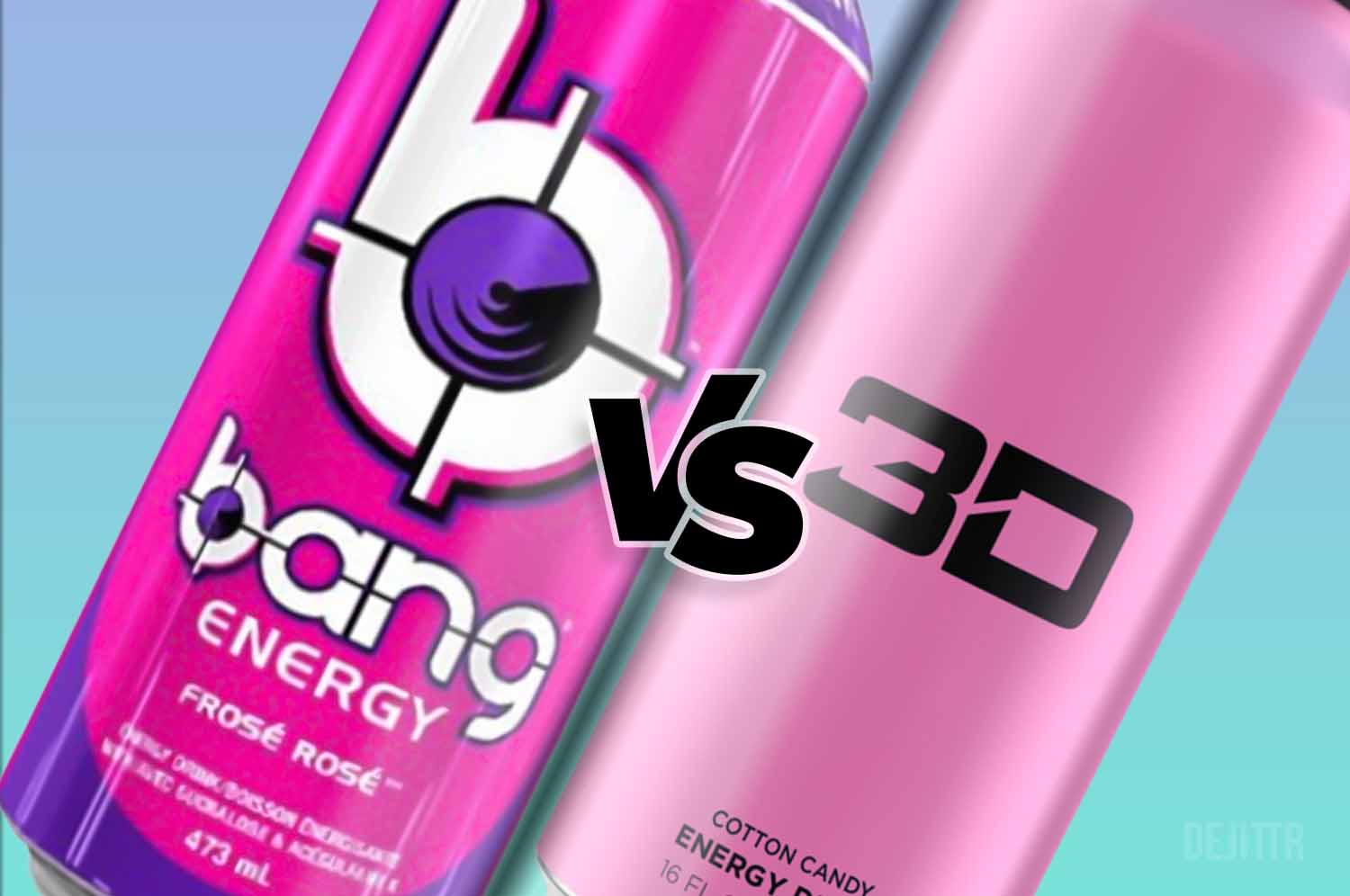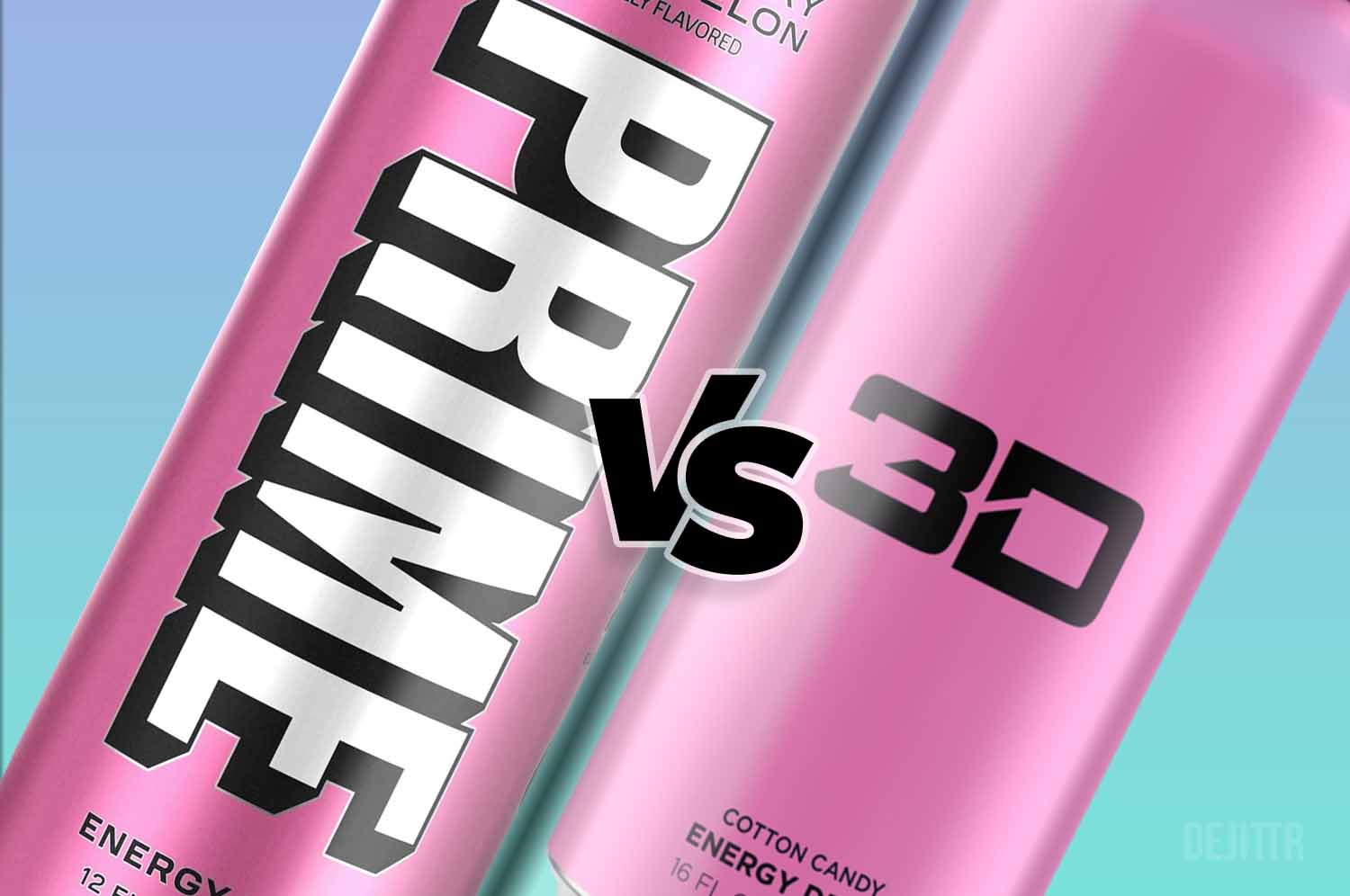Natural and artificial sweeteners play an important role in the human diet. Most people associate sweet taste with sucrose, commonly known as table sugar, however, there are many sweet-tasting substances.
Allulose is a rare sugar that has almost no calories and is found naturally in some fruits (kiwi, figs, and raisins) in very low amounts. Some people even refer to it as the holy grail of sweeteners. It is 70% as sweet as sucrose (table sugar) and is produced through the molecular transformation of fructose (another form of simple sugar).
On the other hand, monk fruit extract comes from the fruit of the Luo Han Guo plant cultivated in China. It is obtained through the extraction of water from the fruit, filtration, and selection of its sweetening components. It is 250 times sweeter than sucrose.
What tastes better, monk, fruit, or Allulose?
The monk fruit has a fruity flavor that not all people like, as they find it has an unpleasant aftertaste.
In contrast, allulose is known to contain almost the same taste and texture as table sugar, some even describe it as identical. These sugar-like characteristics may be because it is technically sugar, but without negative implications.
Which one is better for keto?
The ketogenic diet is a diet low in carbohydrates, adequate in protein, and high in fat. By reducing carbohydrates and replacing them with fats it causes the body to be in a metabolic state called ketosis, causing it to burn fat instead of carbohydrates for energy.
Much of allulose passes through the body without being metabolized so it does not increase blood sugar or insulin levels, and it contains 90% fewer calories than sucrose. These qualities make allulose an excellent alternative for the keto diet. However, monk fruit extract is also a suitable choice as it contains no carbohydrates or calories.
Since reducing sugar consumption is necessary for ketosis, it can lead to difficulties when sweetening drinks and meals, so one option may be to use low-carbohydrate sweeteners.
On the other hand, we can mention that food manufacturers generally prefer allulose to make keto-friendly products, because it behaves like sugar in many recipes.
What are they made of?
- Monk Fruit
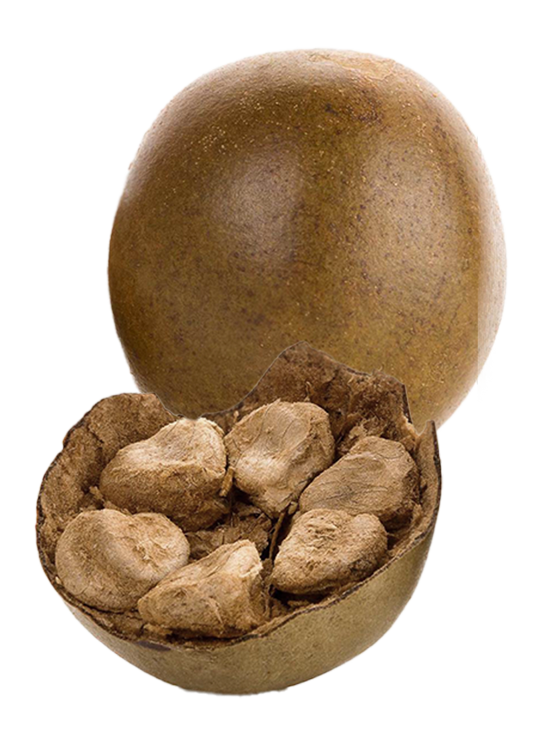
Monk fruit sweetener is extracted from the monk fruit, also known by its scientific name Siraitia grosvenorii. In a simple way, the extraction process consists of removing the seeds and skin of the fruit and then crushing it to obtain the juice, which is then dried into a concentrated powder.
Mogrosides are the main components of the fruit, which have a sweet taste and no calories, with mogroside V being the main component of monk fruit.
According to EFSA Panel on Food Additives and Flavourings et al (2019) mogrosides are present at 0.55 – 0.65% in fresh fruit and approximately 2.5% in dried fruit.
- Allulose
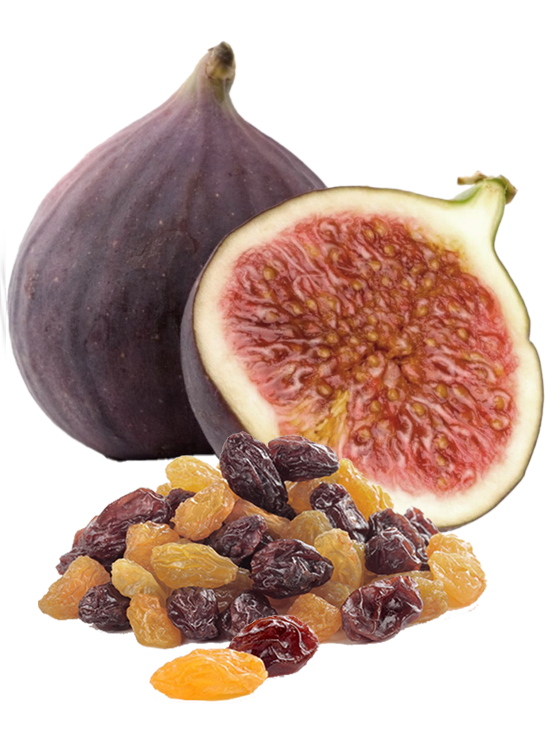
Allulose is a type of low-energy monosaccharide sugar (simple sugar) that has the same chemical formula as fructose, but its molecules are arranged differently.
It is considered a rare sugar, since it is found in very small quantities in natural products. Therefore, it is obtained from the molecular transformation of fructose (another monosaccharide).
Once ingested, fructose is not processed in the same way the body processes fructose, due to the difference in its chemical structure.
What are the effects?
- Monk fruit
- Safe for diabetes
Since the sweet taste of monk fruit sweetener comes from mogrosides, which do not increase blood sugar levels, it may be safe for people with diabetes.
A study by Zhou et al. (2009) suggests that mogroside V could stimulate insulin production in insulin cells (pancreatic beta cells). Insulin is a hormone responsible for regulating blood sugar levels.
It is important not to assume that all monk fruit products are carbohydrate and sugar-free, as some foods and beverages may contain added sugars that can cause sugar spikes.
- Promotes weight loss
Monk fruit can be a good choice for those watching their weight as it has zero calories and carbohydrates, thus helping to lower your total calorie intake.
Be sure to consume monk fruit products that do not include added sugars.
- Antioxidant and anti-inflammatory properties
Its antioxidant properties may be due to the extract of mogrosides, which inhibit certain harmful molecules and may also help prevent damage to your DNA.
In a review by Gong et al. (2019) on the properties of monk fruit, they mention according to the results of another study that the antioxidant capacity of mogrosides is so efficient that it can be compared with ascorbic acid
In addition, mogrosides also help to relieve cough, sore throat, and reduce sputum.
- Anti-cancer properties
Animal research suggests that mogrosides have the potential to inhibit the growth of cancer cells.
In a study by Takasaki et al. (2003) in mice with skin tumors, mogrosides were found to effectively inhibit tumor growth.
- Allulose
- Helps control blood sugar
Since allulose is not metabolized by the body it does not increase blood sugar or insulin levels. It is considered a tool with great potential to control diabetes.
In a study conducted by Hossain et al. (2015) in rats, it revealed that allulose easily entered the blood and was eliminated in the urine. At the same time, they found that, in healthy humans and people with a predisposition to be diabetic, allulose helped to lower sugar levels after eating.
Having a great effect in lowering blood sugar, they suggest that it may help in the prevention as well as the progression of diabetes.
- May increase fat loss
Allulose sweetener contains only 0.4 calories per gram, about one-tenth the calories of table sugar. So, for people who are watching their weight, it is a good choice for controlling their total calorie intake.
However, in a study by Chen et al. (2019) in rats they found that those that ingested allulose had minimal fat accumulation. In addition, they observed an improvement in their blood lipid (fat) profile, thus suggesting that it may also help regulate lipid metabolism.
Likewise, Kimura et al (2017) conducted a study in healthy humans where they evaluated both men and women and found that allulose helped increase energy levels while contributing to post-meal fat loss.
Because of this, they propose that this sweetener can control and maintain a healthy body weight.
Misconceptions and frequently asked questions
Is allulose the same as monk fruit?
Both allulose and monk fruit are sweeteners used as an alternative to table sugar. However, monk fruit is obtained from the Luo Han Guo plant and allulose is found in some fruits such as figs, kiwi, and raisins.
Is allulose banned in Canada?
While the U.S. Food and Drug Administration (FDA) has confirmed the safety of allulose as a Generally Regarded as Safe (GRAS) food, in Canada it has not yet been approved under the Canadian Health Food and Drug Regulations.
This is because they consider that it is a new food ingredient and must first undergo a safety test before it can be marketed in Canada, however, this does not mean that it is prohibited.
On the other hand, the FDA exempted allulose from being included in the declaration of total and added sugars on Nutrition Facts food labels, on the grounds that it is absorbed and metabolized differently from other sugars.
This is the first time the FDA has allowed some sugar to be excluded from such labeling.
Is allulose an artificial sweetener?
Although allulose is a naturally occurring sweetener found in some fruits in small amounts. In recent years, manufacturers have used enzymes that convert fructose from corn and other plants into allulose, contributing to its large-scale production.
Does allulose have any side effects?
Allulose is generally well tolerated, and few studies have found any side effects.
However, a study conducted to determine the gastrointestinal tolerance of allulose determined that a single dose of 0.23 grams per pound (0.5 grams per kg) of body weight and a daily intake of 0.45 grams per pound (1 gram per kg) of body weight of allulose with diarrhea, bloating, nausea, headaches, and stomach pain.
To avoid adverse effects, they recommend a maximum single dose of 0.18 grams per pound (0.4 grams per kg) of body weight and a maximum daily intake of 0.41 grams per pound (0.9 grams per kg) of body weight.
Conclusion
Allulose appears safe and is unlikely to cause health problems when consumed in moderation, however, as with any food, individual sensitivities are always a possibility.
Allulose is considered to have great health potential. However, further research is needed.
On the other hand, for more than 300 years monk fruit has been used as a natural sweetener and traditional medicine in China, and no side effects have been reported from eating the sweetener.
Although mogrosides from the monk fruit plant may have health benefits, more research is needed.
It is important to check the ingredient label of monk fruit extracts as many products combine them with sugar or other sweeteners, which may affect their potential health benefits.
Both allulose and monk fruit require high-quality human studies before conclusions can be drawn.


